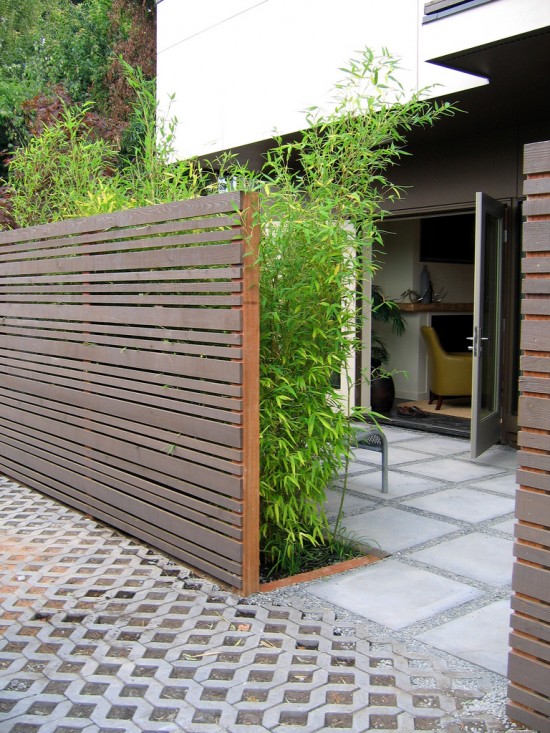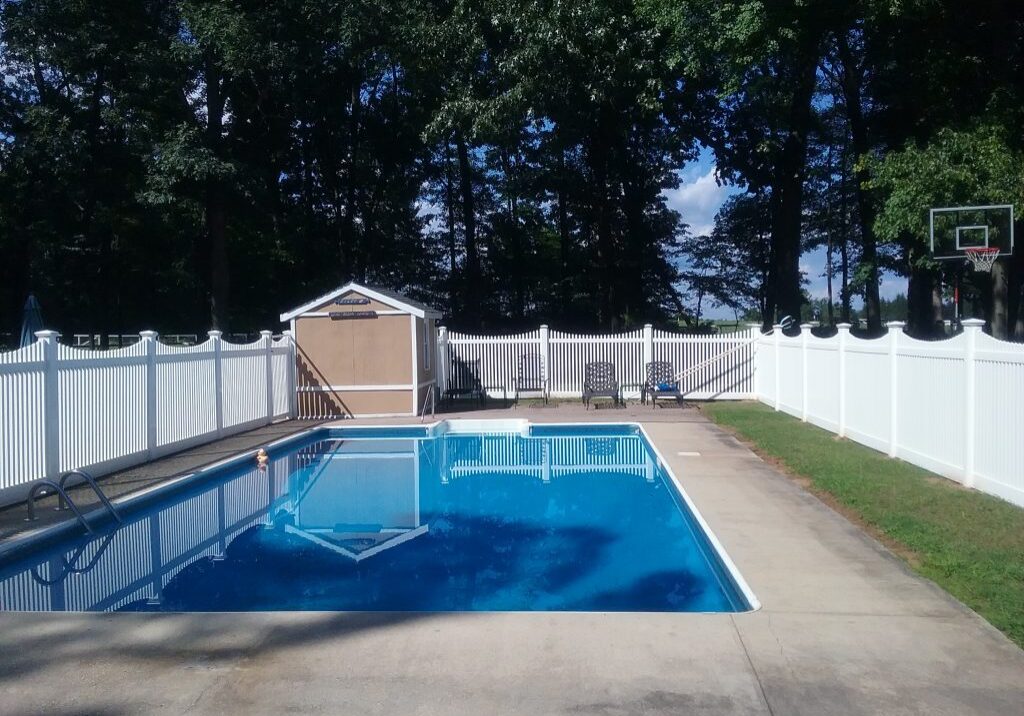All Categories
Featured

When setting up a fencing, choosing the right product is vital to stabilizing performance, appearances, and budget plan. Timber, vinyl, and aluminum are among the most typically selected fence materials, each with its downsides and staminas. This overview discovers the advantages and disadvantages of these choices to aid you make a notified decision.

Wood Secure Fencing. Pros:. Natural Charm: Timber's timeless appeal can enhance any type of building with its classic and cozy look. Personalized: You can paint, tarnish, or sculpt wood to fit your design choices. Affordable: Wood fence is initially more affordable contrasted to a few other materials. Eco-friendly: As a sustainable source, timber is biodegradable and commonly thought about green. Disadvantages:. Maintenance-Intensive: Regular sealing, paint, or staining is needed to stop damages from weather and bugs. Prone to Degeneration: Without correct treatment, wood can rot, warp, or fracture in time. Shorter Life-span: On average, timber fences last 10-15 years, depending on the type of wood and maintenance. Wood is a great alternative for those who value appearances and are eager to buy normal maintenance to preserve its appearance and resilience.
Vinyl Secure Fencing. Pros:. Low Maintenance: Vinyl requires very little treatment-- just occasional cleaning with soap and water. Climate Resistant: It does not warp, rot, or surrender to insect damages, making it extremely resilient in various climates. Durability: Vinyl fencings can last 20-30 years with little to no repair work. Layout Range: Available in a wide variety of shades, styles, and structures, including wood-like looks. Disadvantages:. Higher Initial Price: Plastic fencings are more expensive upfront compared to wood. Vulnerability to Cold: In incredibly winter, plastic can come to be susceptible and fragile to fracturing. Limited Repair Work Options: Matching substitute panels can be testing if damages takes place. Vinyl secure fencing is excellent for home owners trying to find a long-lasting, low-maintenance option that supplies modern convenience.

Aluminum Fence. Pros:. Rust-Proof: Light weight aluminum withstands deterioration, making it a superb option for humid or wet atmospheres. Long lasting: Despite being light-weight, light weight aluminum is strong and can withstand severe climate condition. Reduced Upkeep: It calls for marginal upkeep, typically just occasional cleansing. Long Life-span: Aluminum fencings can last years without substantial degeneration. Stylish Style: Typically used for decorative purposes, aluminum secure fencing adds a streamlined, advanced seek to residential properties. Cons:. High Preliminary Financial investment: Aluminum fencings are amongst the costlier choices on the market. Much less Privacy: The open designs usual with light weight aluminum fence do not give much privacy. At risk to Damages: While resilient, aluminum can dent if hit with enough pressure. Aluminum is an exceptional option for property owners focusing on appearances and resilience without needing much upkeep.
Making Your Choice. When making a decision between plastic, timber, or light weight aluminum fence, consider your concerns:
Wood matches those who value an all-natural look and don't mind placing in upkeep effort. Plastic is the very best alternative for those looking for a low-maintenance, weather-resistant service. Aluminum supplies smooth style and durable sturdiness but may do not have personal privacy. By thoroughly analyzing these products' functions, you can select a fencing that complements your property while satisfying your functional and aesthetic demands.
Latest Posts
Keep Your Carpet Looking Its Best with Easy, Specialist Treatment
Published Apr 20, 25
1 min read
Experience You Can Trust with Bathroom Fitter Metro Detroit
Published Apr 20, 25
1 min read
Maximize Your Savings Possible with WyHy MAX Money Market
Published Apr 20, 25
1 min read